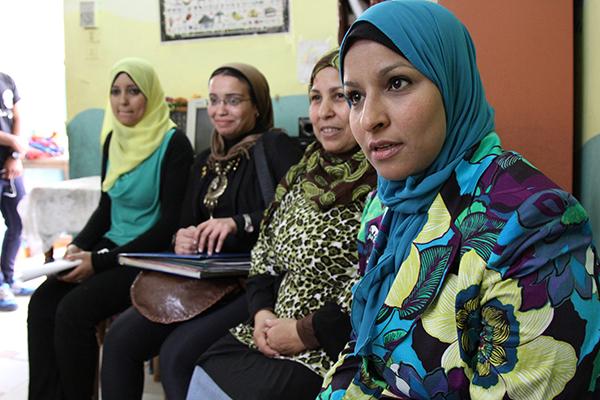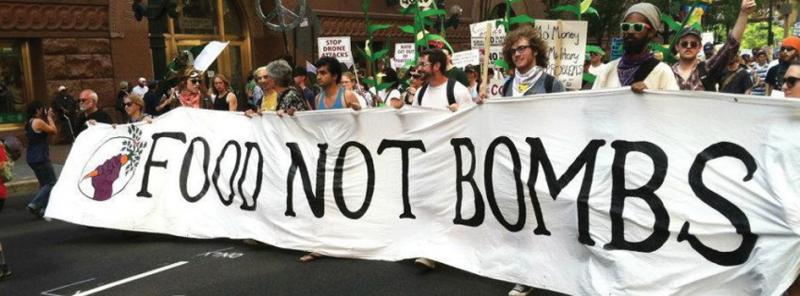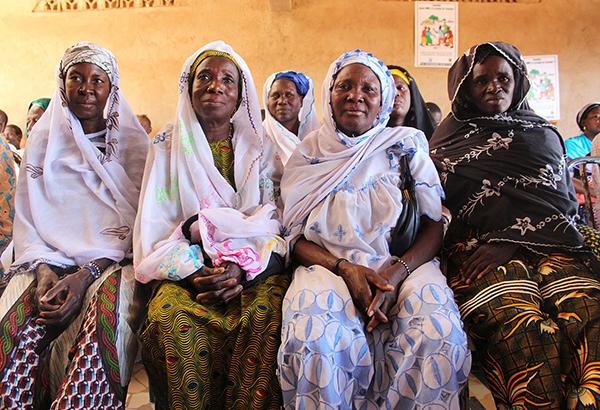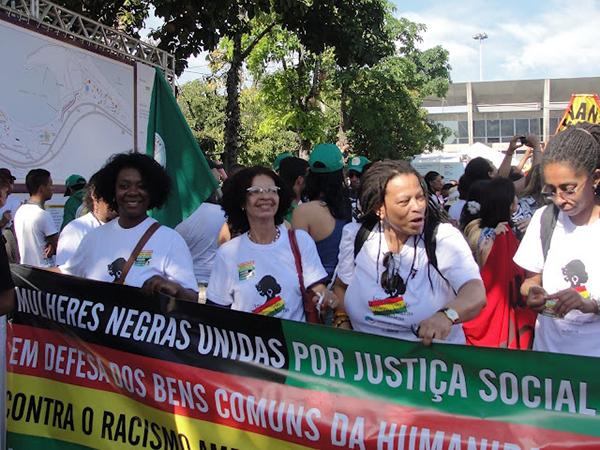Another world is possible & we have to demand it
Our feminist, women’s rights and justice organizations have a powerful vision for what our movements strive and demand for: a world free of racism, gender and social inequality, reflected in institutional policies and practices, individual attitudes and behaviors, and cultural beliefs, messages and norms.
Our feminist futures will mean a world where people are free from violence of all kinds - transnational, state and interpersonal - and who we are, regardless of gender, caste, class status, generation, sexuality and ability, does not determine our fate or seal our options. In this world, duty-bearers and decision-makers will do right by us and fulfill, protect and serve our rights no matter who we are and where we live.
What Are Your Demands?
1. Tuskuteesh #تسكتيش
Tuskuteesh is a new initiative born out of the dire need to break the silence about sexual violence within the Palestinian society in Israel, inviting Arab women to share their experiences and personal testimonies of sexual violence.
Through sharing testimonies of sexual violence, we demand an end to sexual violence and a society free from all forms of violence against women. We are demanding our basic right to speak up against sexual violence. Through a ripple effect, our work is raising awareness among the general public about the issue of sexual violence.

2. Asosiasi Tenaga Kerja Indonesia (The Association of Indonesian Migrant Workers), Hong Kong (ATKI-HK)
ATKI-HK has worked to build up a mass movement of progressive Indonesian migrant workers based in Hong Kong. ATKI’s main objective is to assert and defend the rights and welfare of Indonesian migrant workers in Hong Kong.
To the Indonesian Government or Source Countries:
- End Modern Day Slavery through the implementation of Law No 39/2004 on Deployment and Protection of Indonesian Overseas Workers
- Allow direct hiring and remove the ban on changing agencies
- Remove mandatory training fees
- Criminalize overcharging
- End human trafficking practices which result from collusion between the Indonesian government and recruitment agencies
- Improve the Embassy and Consular services
- Protect migrants on death row as a result of drug trafficking or intense abuse by employers.
To Hong Kong Government or Host Countries:
- Increase wages
- Remove visa discrimination policies affecting migrant domestic workers
- Make living out an option
- Include migrant domestic workers in Statutory Minimum Wage and Proposed Standard Working Hours

3. Aswat
Aswat is a feminist queer movement for sexual and gender freedom for Palestinian women, started in 2003 to address the essential need to create and nurture safe space for LBTQI’s
To create a Palestinian society that respects the sexual and gender diversity of all its members and understands its struggle as intersectional against all forms of oppression and discrimination.
To stimulate an alternative discourse on sexual rights and freedoms with a community-based and grassroots focus.
We collaborate with influential bodies (activists, professionals, educators, public sector workers) on homosexuality and sexual diversity and to break their stereotypes and prejudice on LGBTI and queer people.

4. The Dalit Mahila Samiti (DMS)
DMS is an organisation of over 1500 Dalit women in the north Indian state of Uttar Pradesh (UP. The roots of the Dalit Mahila Samiti lie in feminist organizing and agreeing to give up untouchability with others.
- To ensure equality between castes and end all forms of violence. This includes changing discriminatory practices and stigma at the household and individual level.
- Challenging the impunity of the upper and middle castes who commit crimes, violate and discriminate against dalits
- Making the government accountable to deliver on its development program without discrimination
- Ensuring that the community as well as the government actually invests more in the education of girls.
- The government implements the Right to Education in spirit.
5. Food Not Bombs
Food Not Bombs is an energetic all-volunteer grassroots movement active throughout the Americas, Europe, Africa, the Middle East, Asia and Australia. For over 30 years the movement has worked to end hunger and has supported actions to stop the globalization of the economy, restrictions to the movements of people, end exploitation and the destruction of the earth and its beings.
We are calling for a transition to a sustainable compassionate and free future and demand the redirection of the resources of war towards food, housing, education and healthcare. We both organize to stop the economic and political policies of violence, coercion, exploitation and domination while seeking to replace it with a loving, peaceful society of abundance, respect and cooperation. We are not expecting those in power to consider the wellbeing of the community unless pushed to do so through popular nonviolent direct action.

6. Reseau des Organisations Feminines d’Afrique Francophone/ Network of Feminist Organisations in Francophone Africa (ROFAF)
ROFAF promote women's rights in Francophone Africa.
- Equal participation of African women and girls in the areas of decision making (formal and informal)
- Rights of women to live in security in their households, in their community and their country
- We extend our claims to families, policy makers at all levels and any other actors involved

7. Articulação De Organizações De Mulheres Negras Brasileiras – (Amnb) Liaison Of Brazilian Black Women Organizations
Amnb is a feminist political organization, anti-racist, non-partisan, established in 1994 to coordinate the actions of movements of Brazilian women
We demand that the State promotes and implements public policies to end racism, gender and race inequality; as well as ensuring access to quality services such as health, education, decent work, sexual and reproductive rights, among others.
We demand that all institutions – public and private – combat racism and gender discrimination in the workplace.

Blog series
This piece is part of a series of blog posts sharing a selection of reflections and thoughts from a range of movements organizing for justice around the word.
